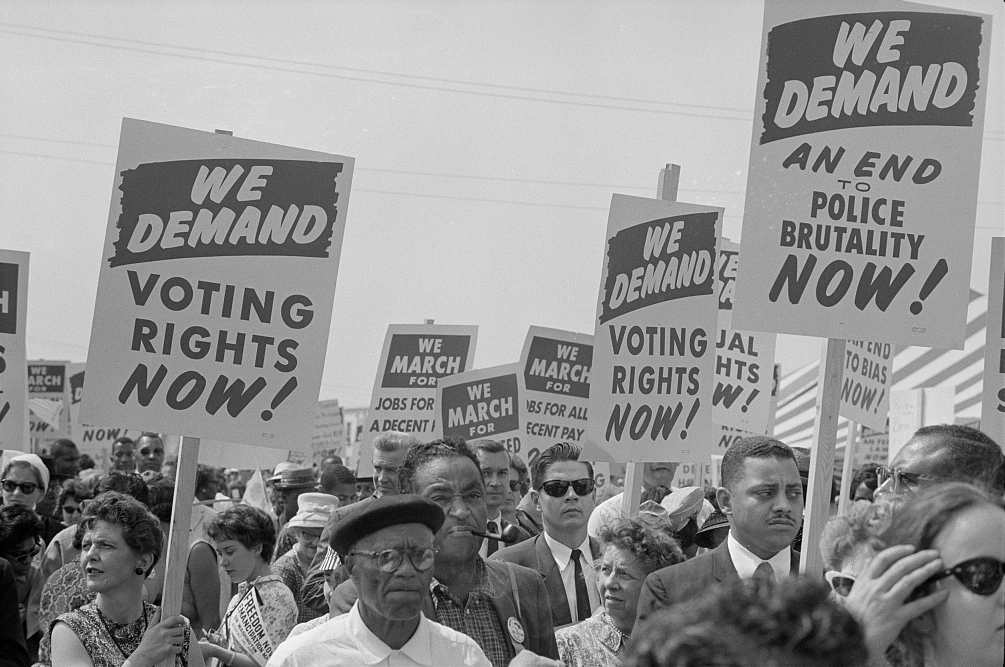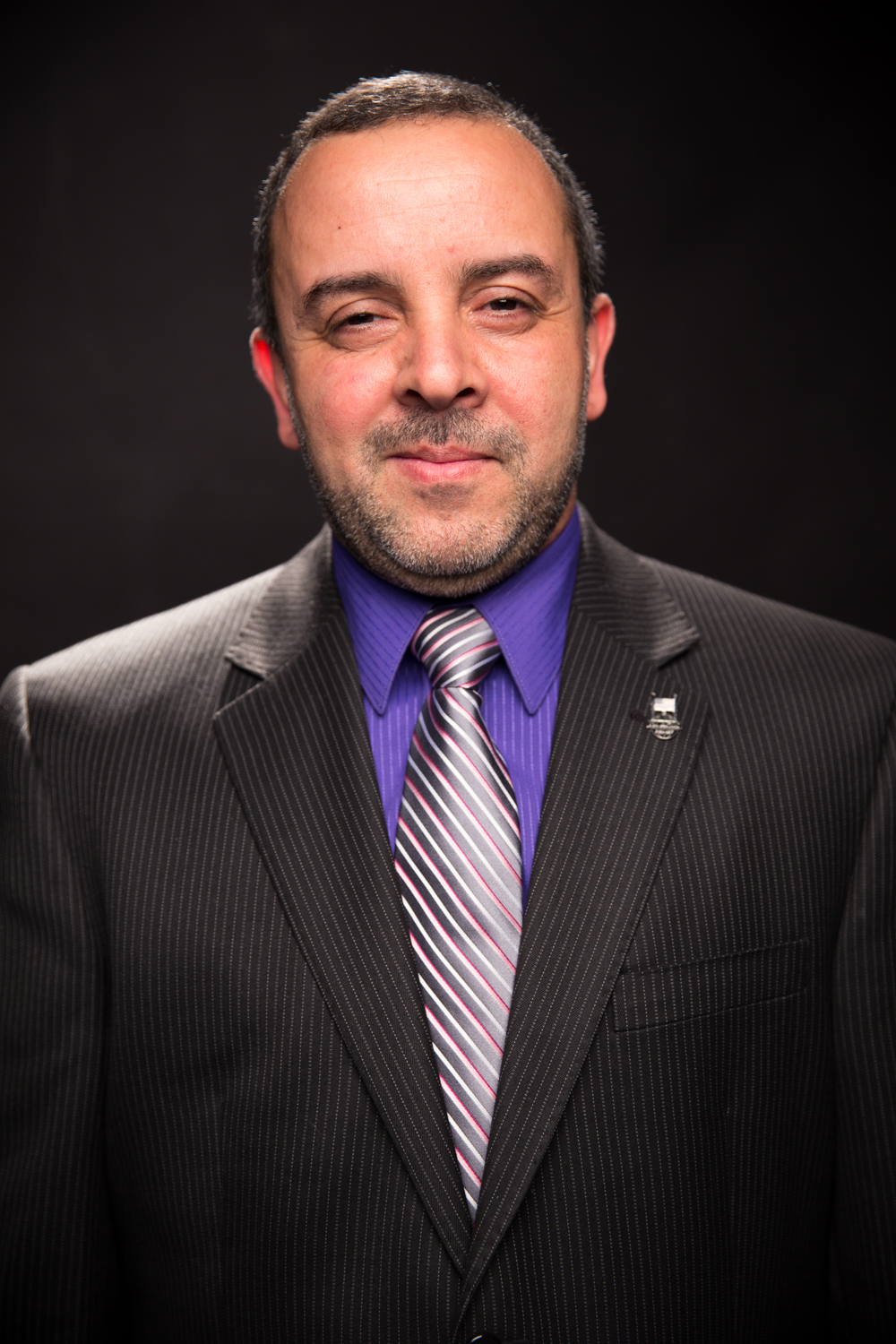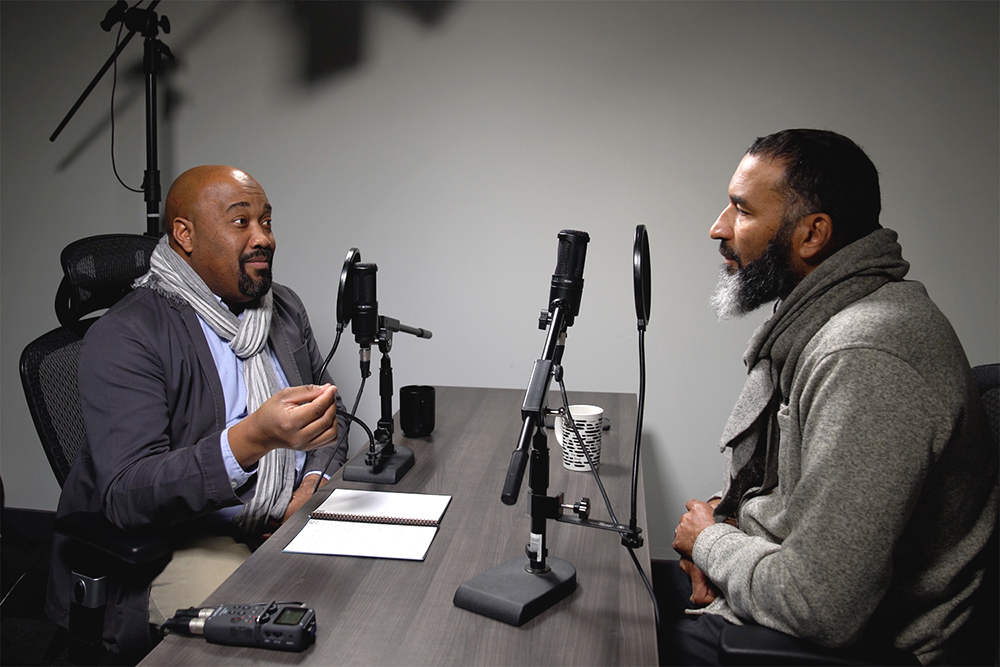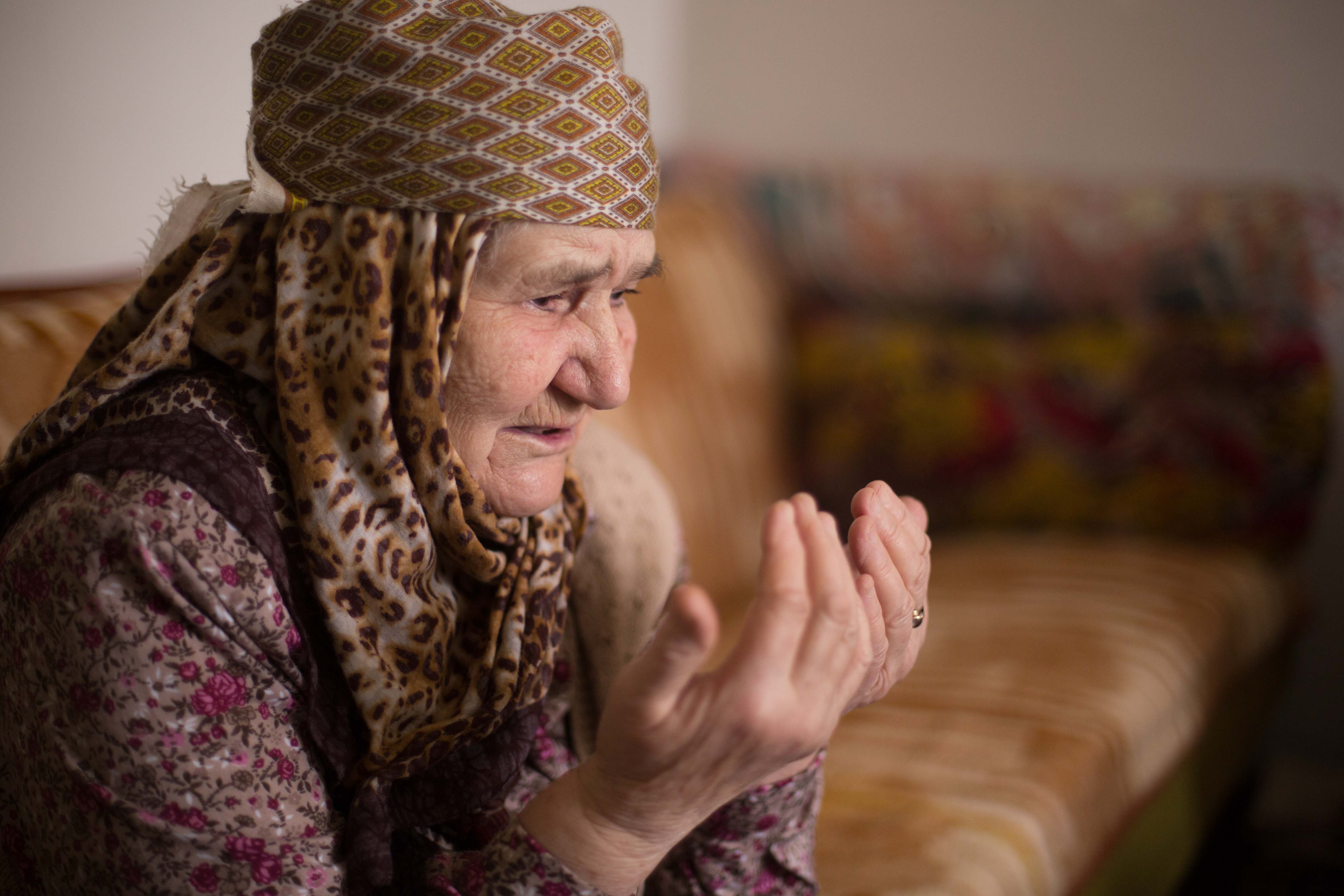
The Right to Vote: Black History Remembered
IRUSA highlights past and present change-agents in the fight for voting rights in America.
Fannie Lou Hamer
“You can pray until you faint, but unless you get up and try to do something, God is not going to put it in your lap.”
– Fannie Lou Hamer
A Decision
During the summer of 1962, a young African American woman made a decision to attend a local meeting held by the Student Non-violent Coordinating Committee (SNCC), which was responsible for organizing younger African Americans in the charge for voting rights. Her interests was piqued, and she would go on to become one of the most impactful advocates for equitable access to voting in the Civil Rights era. Her name was Fannie Lou Hamer.
Visions of Freedom
When Hamer joined SNCC, she was immediately fired from her job to which she said, “They kicked me off the plantation, they set me free. It’s the best thing that could happen. Now I can work for my people.” On occasion after occasion, Hamer put her life on the line to secure rights for African Americans, one time even being struck by gunfire. Because of her work, Hamer built two hallmark institutions that sought to close the political, social, and economic gap for African Americans. She helped to make countless opportunities for Black business owners. In 1964 she co-founded the Mississippi Freedom Democratic Party (MFDP) and helped establish the National Women’s Political Caucus in 1971. Hamer was laid to rest in 1977 as a result of breast cancer.
John Lewis
“Every generation leaves behind a legacy. What that legacy will be is determined by the people of that generation. What legacy do you want to leave behind?”
One Way to Progress
John Lewis boarded a packed bus in 1961 with other young inspired African Americans with one dream in mind, to bring down the walls of segregation that he and his cohort knew far too well. This was the beginning of a career in agitating for change in America for a young man from Troy, Alabama. Lewis had been moved early on by the fight for equality Dr. Martin Luther King Jr. and others had brought to the offices, doorsteps, and minds of Americans.
Following Footsteps
When the opportunity for him to join the freedom struggle came, he didn’t hesitate. On Bloody Sunday, a day marked in infamy in American history, young John Lewis marched with thousands of others from Selma to Montgomery Alabama only to be met with grotesque violence. He himself was beat savagely. Because the scene was broadcasted on national television it help to accelerate the passage of the 1965 voting rights act. Lewis continued fighting for equality both inside and outside the halls of power, becoming the director of the Voter Education Project, earning a seat on the Atlanta City Council, and today is one of the most decorated members of U.S. Congress.





